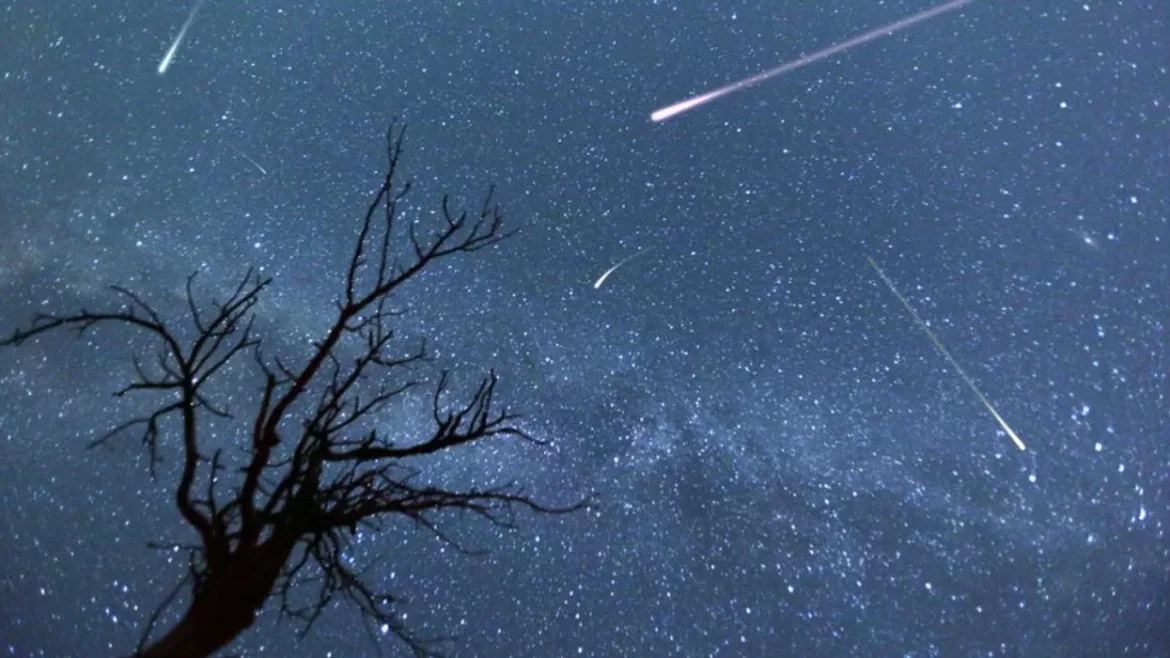As December unfolds, the Northern Hemisphere will experience its longest nights and shortest days. Daylight will span 7 hours and 28 minutes at the month’s commencement. By December 22, the duration will dwindle to 6 and 59 minutes, eventually extending slightly to 7 and 5 minutes by the year’s end. Key celestial events for stargazers to mark on their calendars include:
December’s Celestial Highlights
December 13-14: Geminid Meteor Shower During this period, skygazers can witness the peak of the Geminid meteor shower emanating from the Gemini constellation. Expect a favorable viewing experience, potentially observing up to 120 meteors per hour.
December 21-22: Ursid Meteor Shower The Ursid meteor shower, emerging from the Ursa Minor constellation, peaks around this time. However, due to the proximity of the full moon, observation may be challenging, with an expected rate of around ten meteors per hour—modest compared to the Geminids.
December 22: Winter Solstice At 06:27 AM Moscow time, the winter solstice occurs—the moment when the day reaches its minimum duration and the night’s maximum. Daylight will gradually begin to extend after this event, marking the symbolic shift toward longer days.
Embracing the Night Sky
Are you ready to witness these meteor showers? These celestial events offer a captivating opportunity to marvel at the wonders of the night sky and revel in the spectacular displays nature has to offer. Whether you’re an avid astronomer or a casual sky watcher, these meteor showers provide an enchanting experience.
Prepare yourself by finding a suitable viewing spot away from urban light pollution, allowing for better visibility. Consider cozying up with warm blankets, hot beverages, and a telescope or binoculars for a closer look.
Final Thoughts
December offers a stunning astronomical show as the days become shorter and the nights lengthen. Make the most of these meteor showers and the winter solstice, seizing the chance to connect with the celestial wonders that grace our night sky. Get ready to gaze up and witness the breathtaking beauty of the cosmos!

